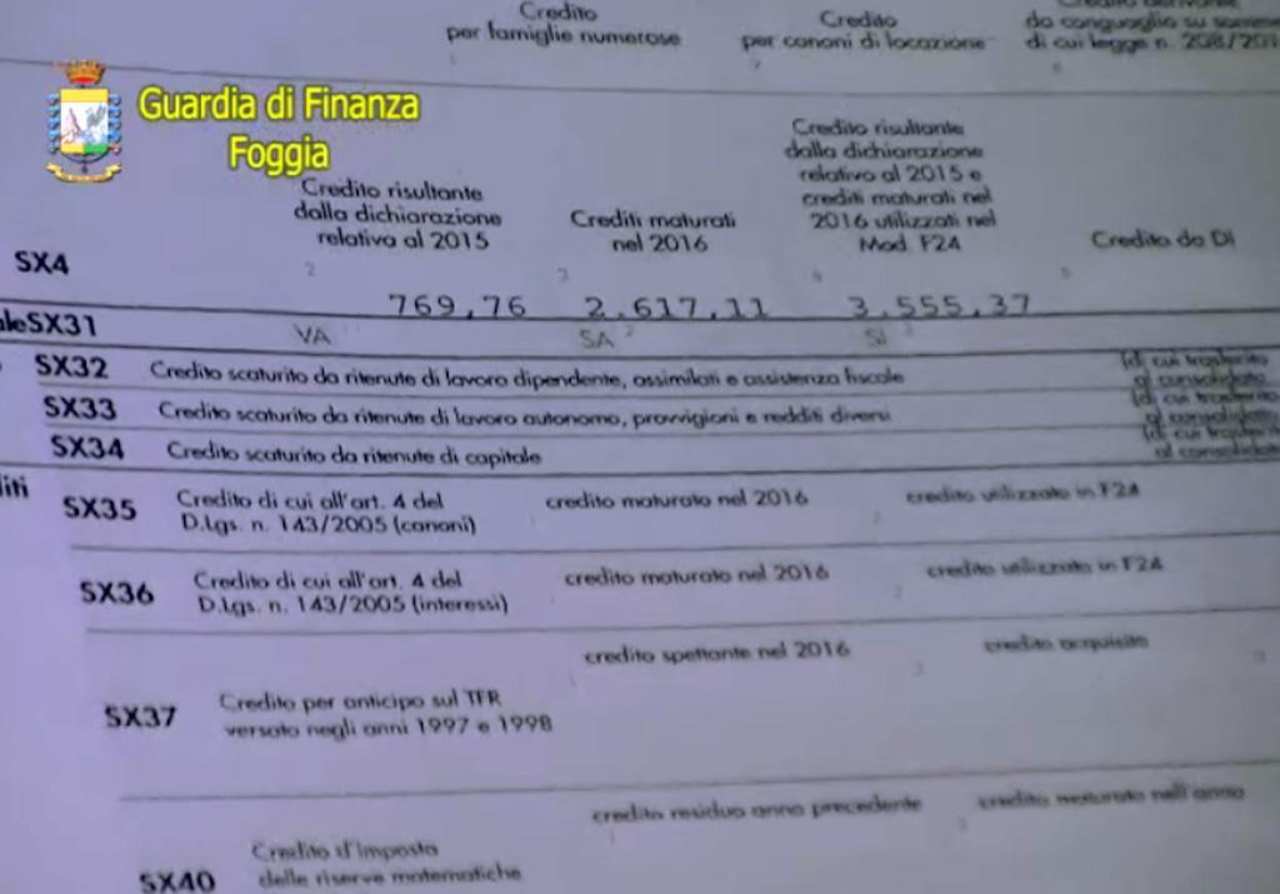The relationship of the Italians with the current account is certainly not the easiest but now the confirmation of the sting at 5000 euros arrives. Let’s see what happens.
The bank account today represents a problem multiple for the Italians and many things are changing. Let’s see how to defend yourself.
First of all i costs account management have gone up a lot. It is noted that in the last twelve months the costs of Italian accounts have grown as never before.
The sting of 5,000 euros
But before seeing the € 5,000 sting, it must be emphasized that Italians today are not remunerated for the money they have free in their account.

Until now, inflation was very low. But today, with inflation exceeding 8%, the bank could remunerate them but it does not. So for the Italians comes both the sting of costs and the loss of earnings on free money. We remember that that money left free it is losing value due to inflation and therefore offering a minimum return would be fair. But you must also be careful about the tax if you exceed the stock of 5000 EUR. Let’s see how it works.
The threshold and the consequences of its overcoming
But in the bank you also pay one real tax called stamp duty. The stamp duty is triggered every time the balance of a current account exceeds 5,000 euros. It is a real state tax and not a cost imposed by the bank, therefore, changing banks would not solve anything. However, there is a way to avoid stamp duty. Stamp duty costs just under € 40 for individuals and € 100 for companies. But as we said, it can be legally avoided.
How to legally avoid the tax
We have said that the stamp duty is triggered if they are exceeded the 5000 euros of stock. Therefore it is the stock and to be calculated and not the money eventually invested. This means that if you invest the part that exceeds the amount of 5000 euros, the tax is not due. Today the banks offer many investments to protect themselves from inflation. By investing in such a way as to leave the stock under 5000 euros, the tax will not be due. But be careful because every investment involves high risks and must be evaluated with caution.
–
